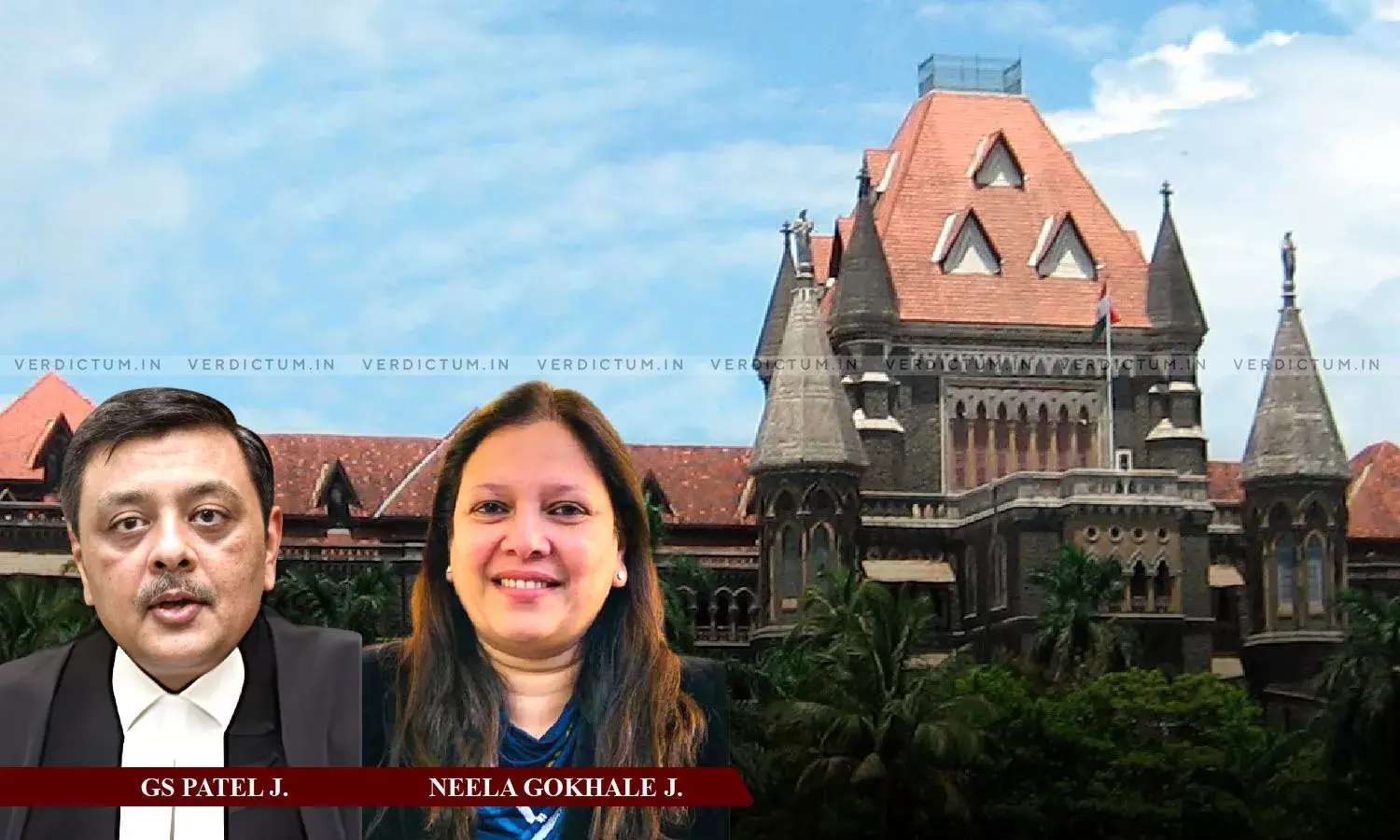Candidates Cannot Accept Appointment, Take Benefit, And Simultaneously Assail Conditions Attached: Bombay HC

-While stating that there is a prohibition against approbating and reprobating, and of accepting a benefit and therefore being estopped from assailing the attached condition, the Bombay High Court held the assailed clauses of the GR dated 3rd August 2006 to be in any way arbitrary or in violation of Articles 14 or 21 of the Constitution of India.
The High Court noted that the Petitioners have accepted the status of full-time librarians from the year 2006 and have filed petitions after a delay of more than eleven years after accepting the benefits of their full-time status, without submitting any explanation for the delay.
The High Court held so while considering a petition, whereby the Government Resolution dated Aug 03, 2006, was assailed as being illegal and contrary to the recommendations of Chiplunkar Samiti accepted by the State. It was claimed that the Petitioners were all initially appointed as part-time librarians in various institutions, and they now seek an order that from the dates of those initial appointments as part-time librarians, they should be held to be full-time libraries.
The Division Bench of Justice GS Patel and Justice Neela Gokhale observed that “The full-time librarian post was with a condition attached, viz., that it would be an appointment (not a selection) from the date of the appointment. The Petitioners cannot accept the appointment, take the benefit, and simultaneously assail the condition. Without an acceptance of the condition, there could be no question of availing of the benefit”.
Conversely, the Bench clarified that an acceptance of the benefit was an acceptance of the attached condition.
Advocate Mandar Limaye appeared for the Petitioner, whereas AGP PN Diwan appeared for the Respondent.
The brief facts of the case were that the Petitioners are employed in their respective Respondent educational institutions as part-time librarians. The second Respondent is the corresponding Education Officer/Director of Education of various regions in the State of Maharashtra (the first respondent). The Petitioners were working as part-time librarians in various aided schools across Maharashtra. In 1994, the State Government appointed a committee to ascertain the prevailing scope of work of non-teaching staff in educational institutions and make recommendations in that regard. As per the recommendation of the Committee, the State notified a GR which provided for upgrading the posts of part-time librarians to full-time librarians. However, this was subject to certain conditions. Accordingly, the Petitioners and others similarly placed, all of whom had completed five years as part-time librarians, were granted the status of full-time librarians subject to the student-strength requirement and these other two conditions (of the appointments being ‘fresh appointments’ and with a two-year probation period). The Petitioners, therefore, sought benefits of Chiplunkar Committee recommendations on the presumption that the 1994 GR itself created full-time posts.
After considering the submission, the Bench found from a plain reading of the GR of 28th June 1994 that it does not indicate the ‘creation’ of posts, and it simply declares the contents of the Chiplunkar Committee report and resolves to accept it by creating full-time posts.
“The present cases show that the Petitioners admittedly enjoyed the benefits of the impugned 2006 GR, by accepting the status of full-time librarians without facing any selection procedure. It is only now that they claim retrospective effect from the date of their initial appointments. The Petitioners cannot be permitted to approbate and reprobate”, added the Bench.
The High Court found that the Petitioners want the benefit of appointment as full-time librarians, without undergoing a selection procedure, and yet they assail the condition on which that benefit was granted, viz., that the post of full-time librarian would operate only from the date of the appointment and not from any prior date.
Accordingly, the High Court dismissed the petition.
Cause Title: Sunil Subhash and Ors. v. State of Maharashtra and Ors.
Click here to read/download the Judgment

